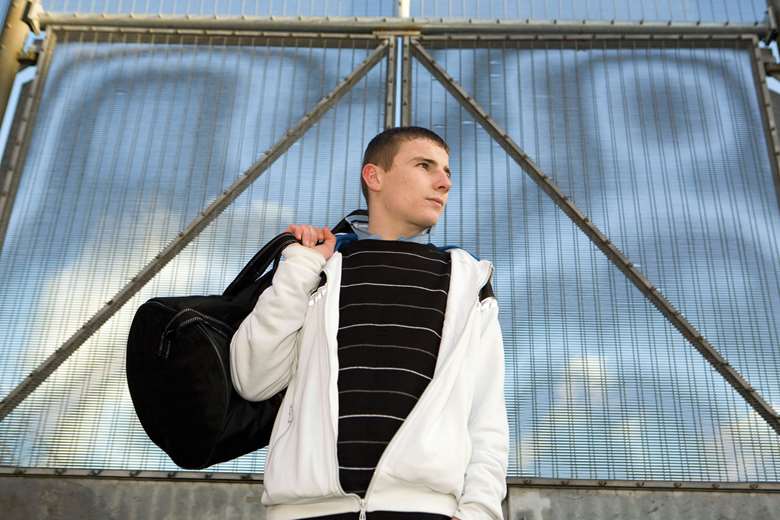Relocated young gang members at greater risk of reoffending, study finds
Joe Lepper
Wednesday, April 8, 2015
Relocation support is failing young offenders wanting to quit gangs, according to latest research.

The latest findings from Beyond Youth Custody, a research project involving the crime reduction charity Nacro, found that young gang members who were relocated were particularly vulnerable to feelings of isolation and more prone to drifting back into criminal activity.
Some gang intervention programmes involve whole family relocation and this can
create stress because family members are required to abandon their local community
networks, education and employment. The Beyond Youth Custody report says that some young people believe such drastic changes set the bar too high.
It adds: "Difficulties also arise if the young person drifts back to their neighbourhood of origin because of feelings of loneliness and isolation, thus putting themselves at risk, or, conversely they settle into their new area and set up an outpost that enables their old gang to expand its drug-dealing territory."
Being called for is better planning for young offenders on release, especially ensuring they have safe accommodation and are relocated close to employment and training opportunities.
Relocation also needs to better reflect the cultural needs of the young person and pay closer attention to recognising “the removal of the young person from friends and family will be emotionally difficult”.
Support needs to target this transition stage straight after release and at certain times of the week when a relapse is more likely such as Friday nights and weekends, the report says.
Other findings of the research, which involved interviews with young offenders and youth justice professionals, found a lack of consistency in support across custody and the community. Too often young people wanting to leave gangs were cut off from contact with community youth workers and mentors when placed in custody.
There was also a lack of understanding among support services about the trauma former gang members face in dealing with serious violence they may have committed or witnessed.
The use of mentors also needs to improve. The report says: “Agencies need to recognise that mentors can be drawn from the whole of society and that an ex-gang-affiliated mentor does not always make the best fit for a gang-involved young person leaving custody.”
Nacro head of policy, Sally Benton said: “There has been a worrying lack of attention into what happens when gang-involved young people are released into the community after spending time in custody.
“If we are going to effectively resettle young people back into society then we have to get better at understanding what is required when people leave custody. We have to think differently about the services and support people need and how they are delivered.”




